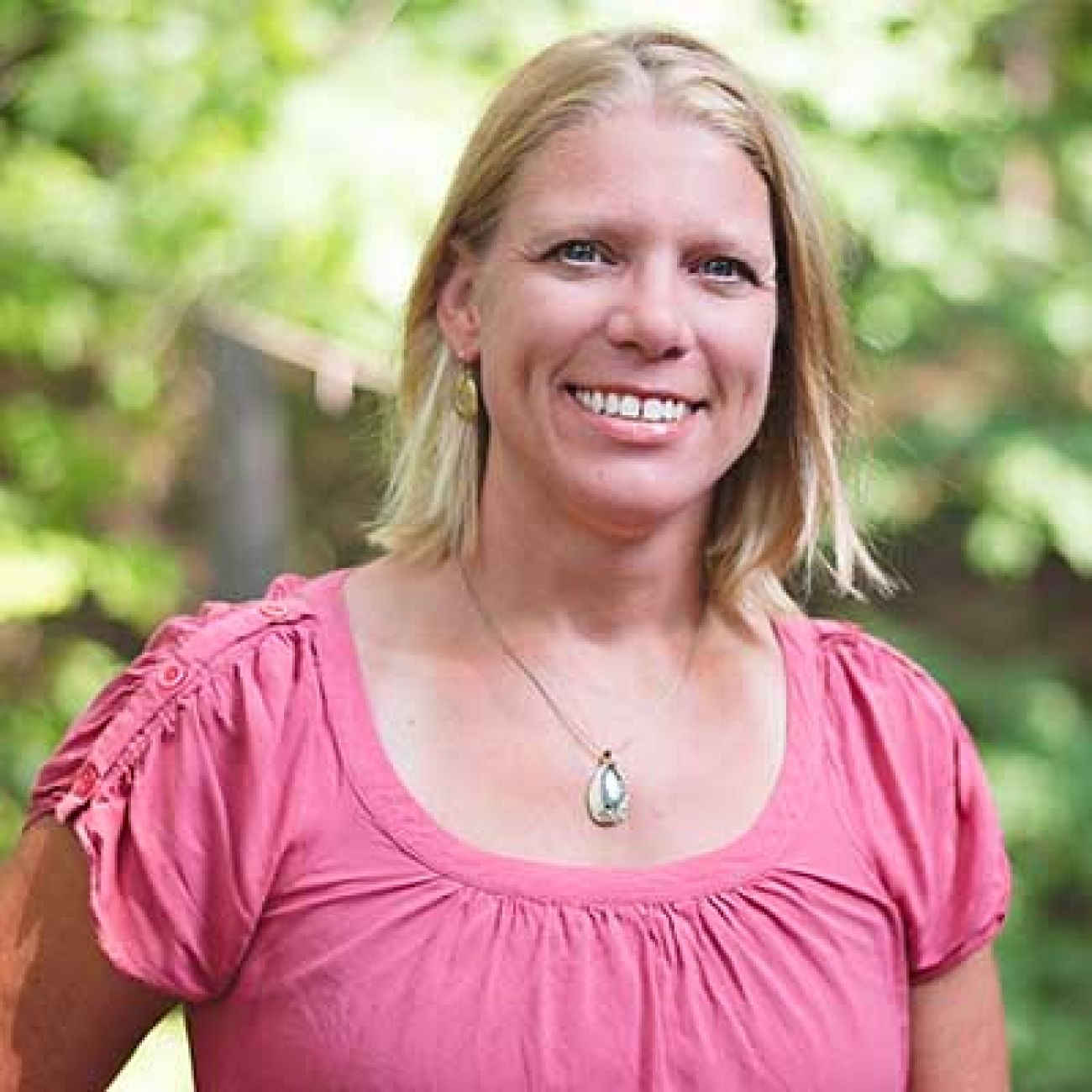Opinion | Michigan schools should work more closely with home-schoolers
Michigan parents are realizing that learning can take place beyond the confines of a school building. As many decide to keep their children home, public education needs to embrace flexible learning to partner with parents in their children's education. Changes in state law and pupil accounting rules would allow this flexibility.

Michael Rice, state superintendent of public instruction, wrote a column about missing students in Michigan. One solution he suggested was a state law requiring families to report if they were homeschooling. Rather than a law to “count” these students, how about laws that provide flexibility for districts and families to work together to support student learning? The column stated “...districts should continue to work with the widest range of community partners... to ensure that every child in each community is receiving an education.” Legislation that gives districts greater flexibility will be the key to working with these partners.
When forced to “school at home,” parents faced a wide range of experiences. Some school districts pivoted quickly to address at-home learning. Some educators did whatever it took to connect with their students. Some parents embraced the changes, and some students excelled in their new learning environment. Districts that provided options like in-person, remote with teacher, and fully virtual lost fewer students.
City and rural families who choose to homeschool want to partner with their local districts. They want resources (such as classes and curriculum) and support (such as teachers and mentors) to help their children be successful learners. Parents want personalized experiences for their children to apply their learning at their pace within their interests (such as work with a veterinarian during the “school” day). Rigor is important to them. They welcome state standards and assessments like NWEA and iReady to measure their children’s academic progress against others. To “work with the widest range of community partners,” districts start with parents.
Flex programs offer virtual and in-person options outside the confines of the school building or daily bell schedule. They allow parents to be more involved in their children’s learning. Families who homeschool in these flex programs see a renewed interest in learning and “leaps and bounds” in their children’s academic growth. Unfortunately, few flex programs are offered throughout the state as punitive pupil accounting rules deter schools from offering them.
Partnering with parents is not enough to personalize learning for every child. In his column, Rice stated, “Child by child, districts will have to reflect on what is needed and how to meet these needs.” What if a child requires less time in one subject and more in another, or is above grade level in math and below grade level in reading? Do districts have the flexibility to allow a student to graduate in 10 or 15 years?
Rice focused on adding more days and hours to the school year to meet the needs of students. While some students will need extra days, others will not. Instead of lengthening the calendar, laws that allow students to move along a K-12 learning continuum at their own pace is more personal and equitable to all students. It also focuses on learning rather than time.
Districts that partner with nonpublic schools and homeschool families are limited in the number of students they can enroll. The pandemic has shown a new group of parents that homeschooling is a viable option for them. Whether they choose to take elective courses to supplement their curriculum or all courses through the school district, demand from these families will increase. Eliminating this cap would allow all families who want to enroll in flexible programs the opportunity to do so and they could be “counted.” Current law also limits the type of classes homeschoolers can take which creates barriers to personalized learning and discourages parents from choosing public education.
Flexibility in learning does not take away from in-person learning options which are important for most students. But adapting laws to promote flexible learning would create more choices for students to be successful learners. If we want to stop losing students, public education needs to embrace flexible learning that allows for more shared-time partnerships, personalized learning programs, and safe zones of innovation for districts.
See what new members are saying about why they donated to Bridge Michigan:
- “In order for this information to be accurate and unbiased it must be underwritten by its readers, not by special interests.” - Larry S.
- “Not many other media sources report on the topics Bridge does.” - Susan B.
- “Your journalism is outstanding and rare these days.” - Mark S.
If you want to ensure the future of nonpartisan, nonprofit Michigan journalism, please become a member today. You, too, will be asked why you donated and maybe we'll feature your quote next time!




